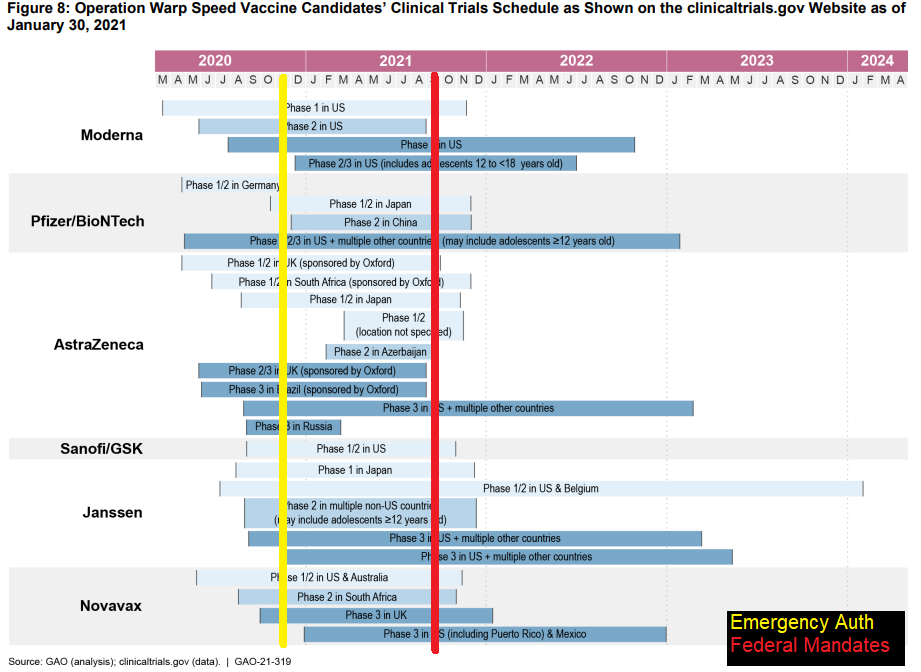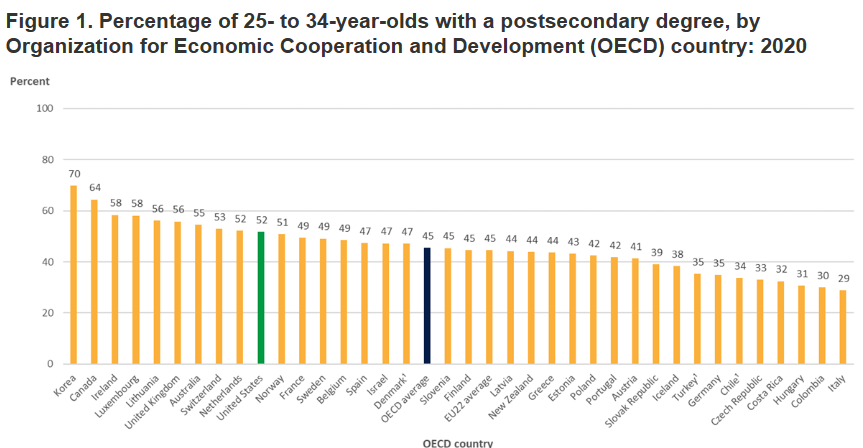Thinking that everyone deserves equality is a symptom of capitalism. There's so much wealth flying around that people think you deserve a slice whether you contributed to it or not.
Examples of tribal communism tended to be a lot more brutal. The line between life and death was thin, and decisions about who lives and who dies would have to be made, or everyone would die.
Examples of tribal communism tended to be a lot more brutal. The line between life and death was thin, and decisions about who lives and who dies would have to be made, or everyone would die.
Really depends on how you balance your decisions. Often you can make decisions that'll be ok in either case.
For example, in 2020 I expected massive increases in interest rates so I refinanced my mortgage for as much time as I can get (Most places don't have 30 year mortgages, I locked in for 10 years and that puts me in a tiny minority) and reduced by amortization by 10 years. I turned out to be right, and now even though 1 in 3 Canadian mortgages are in reverse amortization (meaning the people with those mortgages will owe more to the bank when they're done then they did at the beginning), I'm fine until 2030 and I won't owe much when I need to refinance anyway. If I turned out to be wrong, after 5 years a 10-year mortgage closed mortgage reverts to an open mortgage so you can refinance for the cost of 3 months interest so you can choose to refinance anyway.
I expected there would be food and fuel shortages. Well, staple food is cheap, so I was able to get enough rice to last my household 3 months for basically nothing. Cheap insurance. Turns out the shortages did happen but not where I live, so it just means I get to eat rice. No biggie. I picked up some extra fuel with some fuel stabilizer. Turns out the shortages did happen but not where I live, so it means I haven't needed to buy gas for my snowblower or lawnmower. No biggie. I picked up electric heaters and electric generators because I was concerned about natural gas shortages, which did happen, but not where I live. That actually saved my ass because my furnace broke in the middle of winter and we were able to use the heaters I bought to keep the house from freezing while we waited for a new board to come in.
Some other stuff was also pretty cheap because things haven't collapsed but would be important if they did, like grabbing a trauma kit and a first aid manual, making sure we have paper copies of important books in general.
It's all about balancing your decisions. If I spent every penny on food and ammo and built a fallout shelter in my back yard I'd be in some trouble, but you can mitigate an awful lot of risk for not a lot of money and also make sure you're prepared for non-collapse scenarios like your furnace breaking in the middle of winter.
For example, in 2020 I expected massive increases in interest rates so I refinanced my mortgage for as much time as I can get (Most places don't have 30 year mortgages, I locked in for 10 years and that puts me in a tiny minority) and reduced by amortization by 10 years. I turned out to be right, and now even though 1 in 3 Canadian mortgages are in reverse amortization (meaning the people with those mortgages will owe more to the bank when they're done then they did at the beginning), I'm fine until 2030 and I won't owe much when I need to refinance anyway. If I turned out to be wrong, after 5 years a 10-year mortgage closed mortgage reverts to an open mortgage so you can refinance for the cost of 3 months interest so you can choose to refinance anyway.
I expected there would be food and fuel shortages. Well, staple food is cheap, so I was able to get enough rice to last my household 3 months for basically nothing. Cheap insurance. Turns out the shortages did happen but not where I live, so it just means I get to eat rice. No biggie. I picked up some extra fuel with some fuel stabilizer. Turns out the shortages did happen but not where I live, so it means I haven't needed to buy gas for my snowblower or lawnmower. No biggie. I picked up electric heaters and electric generators because I was concerned about natural gas shortages, which did happen, but not where I live. That actually saved my ass because my furnace broke in the middle of winter and we were able to use the heaters I bought to keep the house from freezing while we waited for a new board to come in.
Some other stuff was also pretty cheap because things haven't collapsed but would be important if they did, like grabbing a trauma kit and a first aid manual, making sure we have paper copies of important books in general.
It's all about balancing your decisions. If I spent every penny on food and ammo and built a fallout shelter in my back yard I'd be in some trouble, but you can mitigate an awful lot of risk for not a lot of money and also make sure you're prepared for non-collapse scenarios like your furnace breaking in the middle of winter.
It'll be terrible -- I'll have made decisions that ensure I'm secure against economic, social, and environmental shocks... I'll have been responsible with my finances... I'll have spent time with my son raising him to be a responsible and moral person even when things around him are spiraling out of control -- and for nothing!!!
I only recently started hearing about things being the way they are today where even once you leave they'll harass you with their legal system for years afterwards. I do believe it wasn't like this in the past.
https://www.nysenate.gov/legislation/bills/2023/A8132
Never go to NYC. Not even once. It is as close to a hell on earth as man has ever created.
Never go to NYC. Not even once. It is as close to a hell on earth as man has ever created.
The new emperors in the roman empire came from the military because they had to be somewhat real because if you weren't actually successful in real life in that age you'd die, but I don't think we could pull from the military today since it's so decadent. You can become immensely successful in the military without having won a single battle or perhaps even fought a single battle.
Who are the barbarians who will take over after the collapse? I think that's important to think about.
Who are the barbarians who will take over after the collapse? I think that's important to think about.
For people who pay for YouTube premium to not have to hear ads, the six ad reads per LTT video might seem a bit like piracy since they accept the ad free YouTube premium video money yet play ads anyway.
I hate it when I get cancelled by the woke left for culturally appropriating slightly too spicy food. Doesn't matter how much water I drink I stay cancelled.
>"Gonna show up on your lawn burning a giant effigy of belle delphine, boy."
Don't threaten me with a good time.
Don't threaten me with a good time.
A buddy of mine was telling me about it. It wasn't approved for use in Canada until 2022, but it was the most conventional of the choices out there.
If mandates do come back, I'll end up getting that one.
If mandates do come back, I'll end up getting that one.
Hmmmm... 🤔
(I know, "Why the hell are you looking at that in 2023?" -- well, someone challenged me on some stuff so I dug up some official facts and figures to support my viewpoint.)
(I know, "Why the hell are you looking at that in 2023?" -- well, someone challenged me on some stuff so I dug up some official facts and figures to support my viewpoint.)

The one thing I found really confusing about this is that it implies that 50% of families in South Korea are on the road to becoming millionaires. It seems like it's more saying "among the familes that are doing well, this is the 50% level" instead of "50% of all families are doing this well"
Sort of makes you think. According to OECD data shown below, Canada and South Korea have the highest levels of postsecondary education among OECD nations. What's interesting is that both countries have problems that aren't recorded by numbers. South Korea is often called "hell Joseon" by its inhabitants because of its hypercompetitive business landscape, and Canada has big problems of high cost of living, insurmountable housing costs, and overall a really challenging environment to excel in. That suggests that these two countries have the highest levels of postsecondary education not for positive reasons necessarily, but because people feel if they don't do these things they won't be able to survive.
